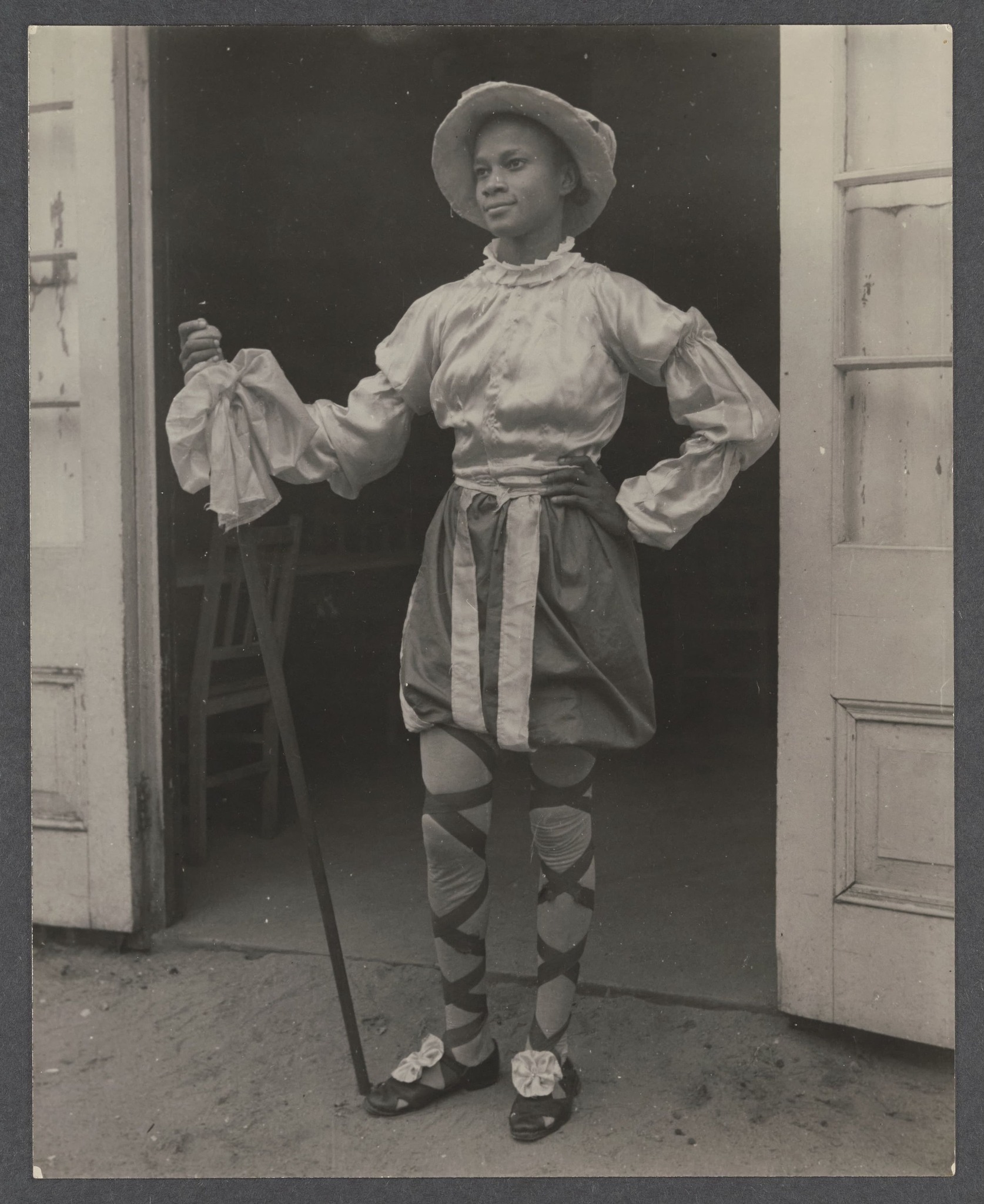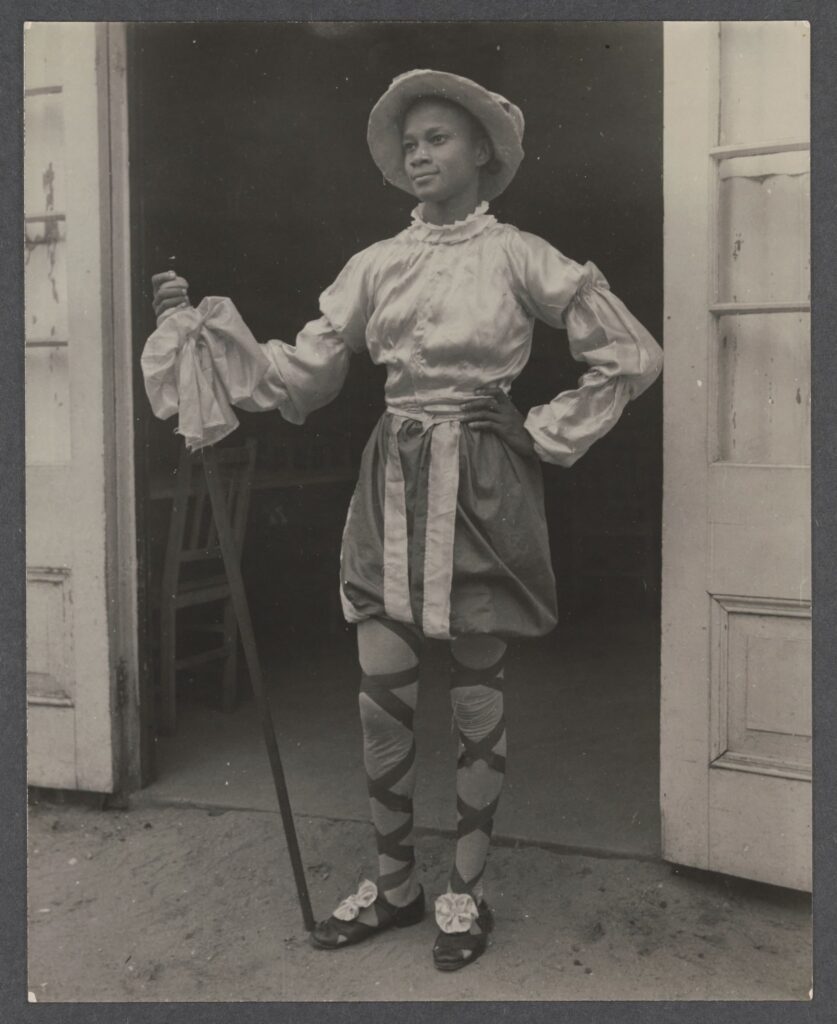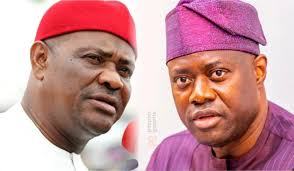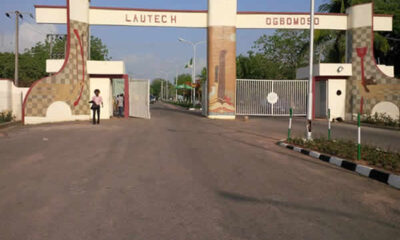Nollywood actress and Special Assistant to the Speaker of the House of Representatives on Social Events and Public Hearings, Eniola Badmus, has vowed to pursue legal action against an X user who accused her of running a prostitution network linking young women to top film executives and Nigerian politicians.
The fresh allegation, posted on Thursday by a X.com user identified as #Femzydr1, claimed that the popular Yoruba actress had been operating as a private pimp within the Nigerian movie industry, using her connections to funnel young girls to directors, movie executives, and powerful politicians, and that her political appointment was a reward for such services.
He wrote, “Popular Yoruba Actress Eniola Badmus is reportedly a private pimp in Nigeria and in the movie industry, linking young girls up with top directors, movie executives, and Nigerian politicians. She surely gained entry into the political scene through this network, and many young girls have been exploited & used for different purposes by politicians through her connections.

Reacting swiftly on her verified X account, Badmus dismissed the claims as entirely false and issued a stern warning to the accuser, making clear she had no intention of letting the matter slide.
“This is the attention you’ve been craving for, so let’s get into it. This is a false accusation and the authorities will step in. Let it be known that we do not forgive in this zone,” the actress wrote.
PUNCHONLINE reports that in 2023 a similar incident happened where a TikTok user, Nwakaego Okoye, had made a viral video labelling Badmus a “professional pimp” who allegedly connected young women, particularly those who had undergone cosmetic surgery to top politicians across Nigeria which led to her arrest and was subsequently charged before Justice Nicholas Oweibo of the Federal High Court in Lagos.
The accused was sentenced to three years imprisonment, though the judge gave her the option of a N150,000 fine in lieu of jail time.
In the current case, the accuser, @Femzydr1, has subsequently issued a public apology.
“I sincerely apologize to Ms. Eniola Badmus, her family, friends, fans, and everyone affected by my recent tweet. The post accusing her of exploitation, linking young girls to movie and political figures, and pimping was wrong, irresponsible, and made without evidence. I deeply regret spreading such damaging and false information,” the user wrote.
punch.ng
FOLLOW US ON:































